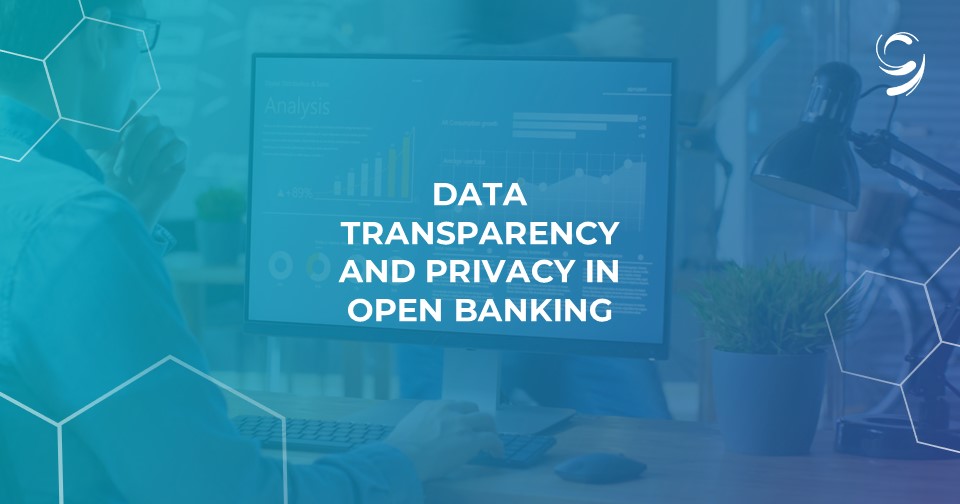Customer data. For years, financial institutions have fought to maintain control over it in order to keep it safe and protected. But the landscape began shifting three years ago and the changes are now beginning to accelerate, forcing FIs to get used to the idea of Open Banking/Open Finance. They’ve had to get comfortable with the concept of making customer data easily and securely available outside the confines of their offices and branches.
In today’s pandemic-driven world, both business and consumer customers are continuously seeking out more convenient and comprehensive ways to manage their finances and assets. In recent years, online banking web sites and portal solutions have been joined by fintech apps, ERP connectivity solutions, accounting software packages, and other third-parties delivering innovative functionality. FIs find themselves constantly juggling the requirement to give customers unhindered, flexible access to their data through these tools, with the need for full data transparency and security.
Open Banking and the Digital Banking Culture is Here to Stay
Suddenly, FIs find themselves at the center of an environment where customer data is being shared more often and with more external entities than ever before. Depending on where you are located in the world, this requirement may even be regulatory. And they have no choice but to embrace this new digital culture – McKinsey estimates that there are upward of 12,000 fintech startups now competing with traditional FIs for an estimated $1 trillion in profits.
But it’s a slippery slope. Traditional methods of financial data sharing – in particular, screen scraping – have led to a few highly publicized instances where customer data was used in ways unknown to and unauthorized by either the customer or the FI. As a result, the industry is now looking to and rallying around APIs as the most efficient and secure means of enabling Open Banking/Open Finance.
All Financial API Platforms Are Not Created Equal
The use of APIs, rather than data aggregation and screen scraping, does not necessarily mean that customer financial data is as secure as it could be. Technologically advancement in this case does not necessarily come with additional security due to the complexity of exposing APIs securely. Many FIs still have concerns – rightfully so – and are taking it slow.
A recent Simon-Kucher survey claims, “The term open banking tended to scare off US and Canadian bank customers. When told they were using a product or service where the bank allows a third party to access its database in order to provide the feature, more than one-third (39 percent) of customers said they would re-think their feature selections.”
Data Transparency and Security: Finding the Right Platform
The truth is, some API platforms are much better at mitigating risk and keeping data protected than others, most notably because:
- The systems come provisioned with full control functionality that allows customers to determine what data is shared, with whom it is shared, and for what purpose, as well as mechanisms for ensuring that those choices are enforced
- User interfaces at the FI and customer level provide the ability to easily employ and communicate the functionality
- They do not collect or store any customer data, at any time, during transfer between the bank and the external solution – information continues to reside only in the bank’s systems
- They give customers the ability to completely “wipe” their data from a third-party app – without a trace – at any time, if they choose to discontinue the use of that app
Open Banking/Open Finance strategies are complex, but partnering with an API platform provider that is fully committed to data transparency and security gives the FI one less thing to worry about. They can then pass that confidence with their customers, who can rest assured that their financial information is always safe and secure.
About Ninth Wave
Ninth Wave delivers secure, seamless, and standardized data connectivity to fintechs and financial institutions of all sizes, through a single point of direct integration to a universal suite of open finance APIs. With configurable controls, visibility, and insights into all data sharing and data acquisition connections between aggregators, third-party apps, and internal applications, Ninth Wave empowers financial institutions and their customers with access and oversight to their connected apps, enabling secure data exchange in a holistic and scalable open finance ecosystem. Offering solutions for retail and commercial banks, wealth managers, credit card issuers, tax providers, and more, Ninth Wave provides unparalleled connectivity and universal compatibility to complex information systems, unlocking innovation, potential, and performance for your data. Contact us to learn more about Ninth Wave’s secure data connectivity features. Empowering open finance. At scale, at last.






